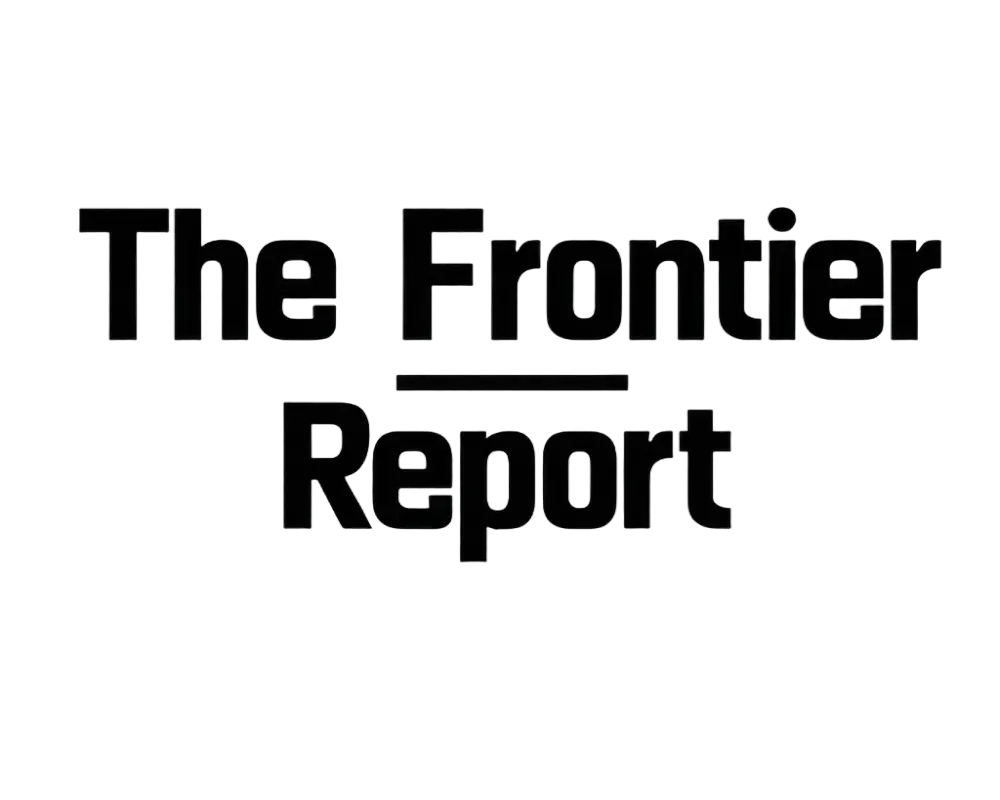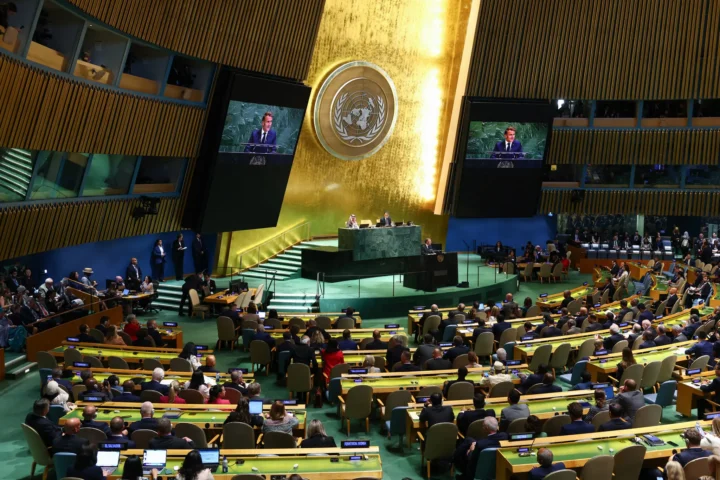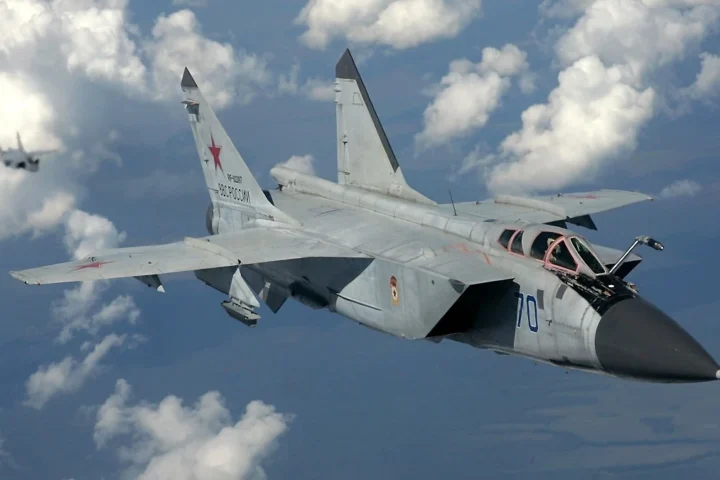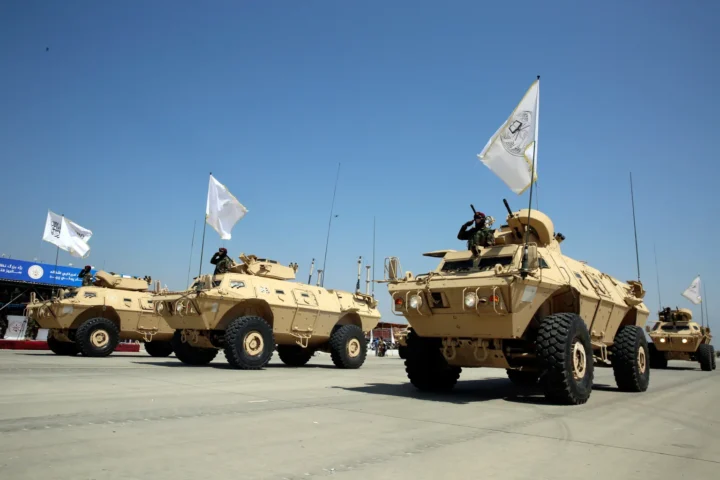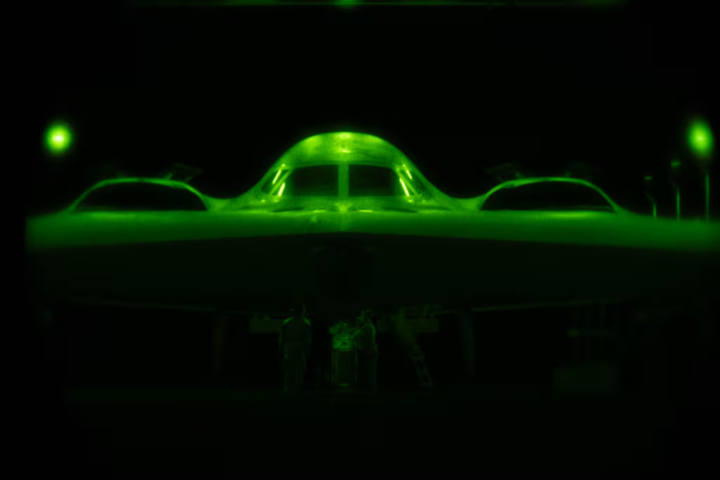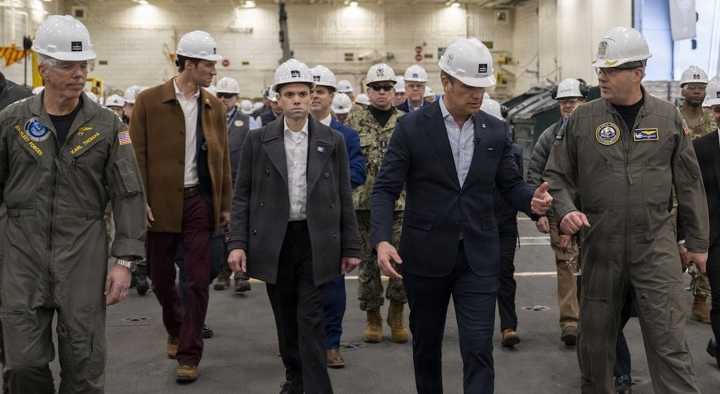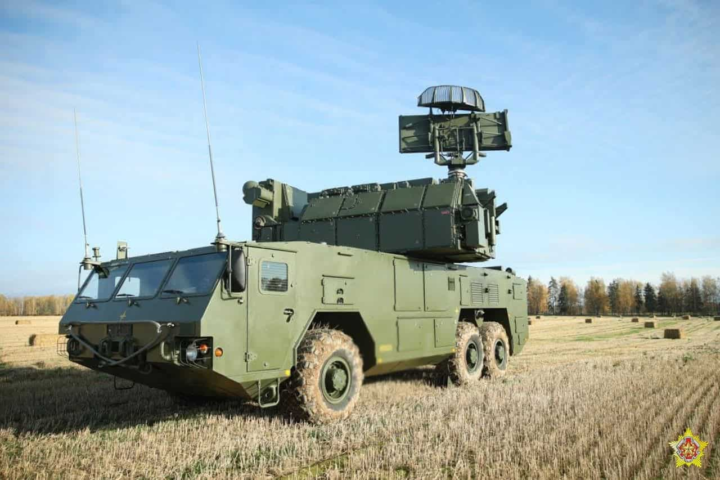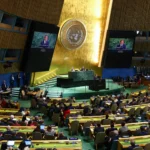France is officially recognizing Palestine as a state this September at the United Nations. It’s not just a political move—it’s France saying it’s done waiting while Gaza burns and the peace process goes nowhere.
President Emmanuel Macron didn’t call this symbolic or hopeful. He called it necessary. For years, Western governments have sat on their hands, waiting for perfect conditions to line up before doing anything. But the violence, destruction, and suffering in Gaza finally pushed France to act.
Macron believes the two-state solution is dying. And if the world keeps stalling, it might not survive at all.
But France’s recognition isn’t unconditional. There are clear demands. The future Palestinian state must be demilitarized. It has to be run by a legitimate, reformed government. Hamas won’t be part of that picture. France expects elections, working institutions, and a commitment to live peacefully next to Israel.
In other words, this is a deal with strings attached. Macron’s message is simple: we’ll recognize Palestine, but only if its leaders step up and show they can govern.
France also isn’t letting Israel off the hook. By making this move, Macron is telling Israel that its current war strategy in Gaza—bombings, blockades, and no real roadmap to peace—has consequences. Unconditional support from Western allies is no longer guaranteed.
Before going public, France tried to get others on board. Macron reached out to Canada, the UK, and Arab countries, hoping for a joint announcement. But the talks fell apart, mostly because the U.S. didn’t want to commit. So France went ahead alone.
Why now? One word: Gaza.
The humanitarian crisis there has reached a breaking point. Food is running out. Hospitals are collapsing. Whole neighborhoods have been wiped out. And peace talks? They haven’t made progress in years. France decided that enough is enough.
Macron believes recognizing Palestine could shake things loose. It’s meant to push both sides—Palestinians and Israelis—back to the table, or at least force a new conversation. Waiting clearly isn’t working.
Israel didn’t take it well. Prime Minister Netanyahu accused France of helping terrorists and said this would hurt peace, not help it. Israeli officials warned that the move could embolden extremists and make the region even more unstable.
The U.S. also slammed the decision. The White House called it reckless and warned it could mess up whatever fragile progress might still exist behind the scenes. Washington says statehood should only come through direct talks between Israel and the Palestinians—not through outside recognition.
But France isn’t backing down. And it’s not alone.
Other countries are moving in the same direction. Canada and the UK are considering similar recognition. Spain, Ireland, Slovenia, and Malta already made that call earlier this year. Now Germany and Italy are feeling pressure too—from both inside and outside their borders.
This isn’t just a shift in tone. It’s a real change in direction. For years, European countries supported Israel publicly, even while quietly criticizing settlements and violence. France’s decision makes that criticism official.
It also marks a break from the usual Western line: wait for the perfect deal, the perfect timing, the perfect partners. France is saying that perfect isn’t coming—and waiting for it is just making things worse.
Will this change anything right away? Probably not. It won’t stop the war. It won’t fix Gaza. And it won’t magically create a peaceful Palestinian government overnight.
But it sends a message. To the Palestinian Authority: if you want support, earn it. To Israel: if you keep ignoring calls for peace, you’ll lose more friends. And to the rest of the world: it’s time to stop waiting for a solution that never comes.
France knows it’s taking a risk. If the Palestinian leadership doesn’t deliver, this could fall flat. If Israel retaliates diplomatically, things could get worse before they get better. But Macron seems to believe that staying silent while Gaza falls apart is the bigger mistake.
This isn’t about being optimistic. It’s about being honest. The old strategy failed. France is trying something else.
September is coming. France has made its move. The question now is—who’s next?

